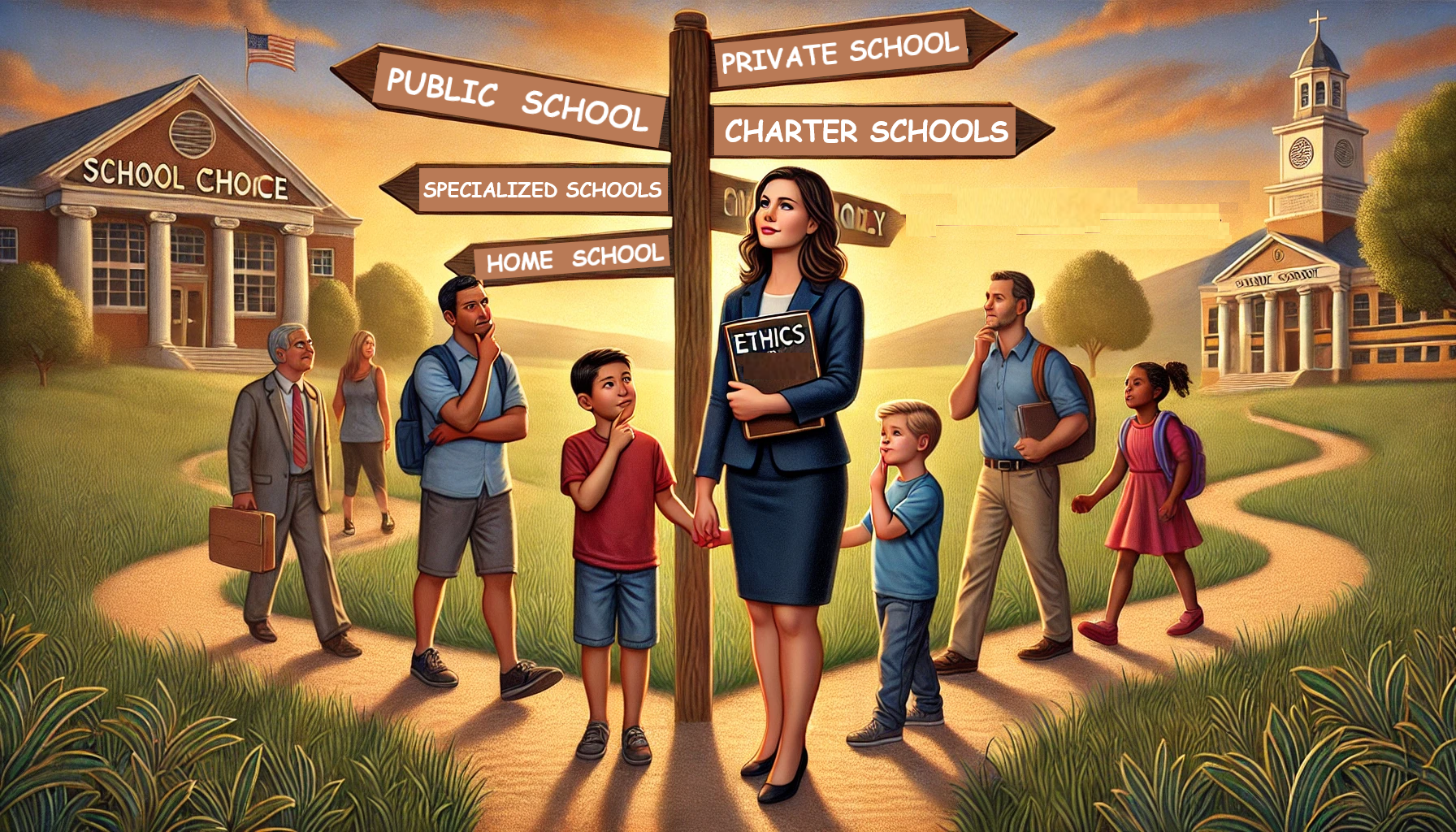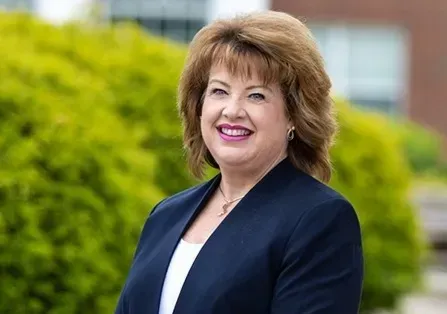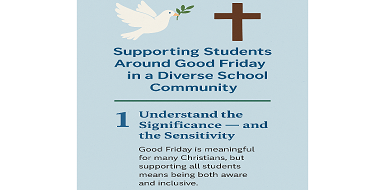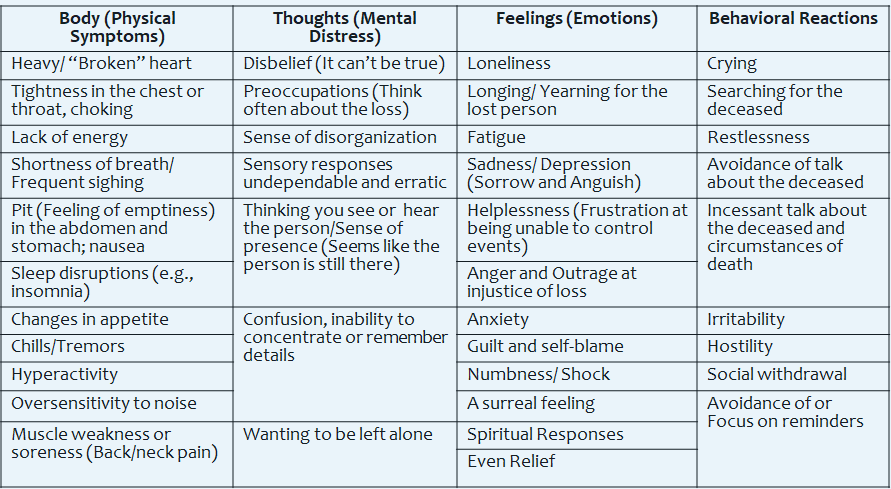The School Counselor's Role and the Ethics of School Choice
Guiding Families with Integrity and Compassion

(With Kentucky's election coming up soon, I felt that we should address the "elephant in the room" for all of us in education.) School choice is reshaping the educational landscape across the US with 46 states having school choice, offering families the ability to choose the right school for their children from a range of public, charter, private, and specialized school options. However, with these choices come ethical considerations that school counselors must navigate carefully. As trusted guides, counselors play an essential role in helping families make informed, balanced decisions while upholding ethical standards. This responsibility involves prioritizing equity, maintaining transparency, and ensuring that every student’s best interests are at the heart of the process.
Understanding the Ethics of School Choice
Ethics in school choice means making decisions that are fair, equitable, and student-centered, while also respecting families’ individual values and goals. For school counselors, ethical considerations in school choice are rooted in the principles of honesty, equity, and respect for the diversity of needs within the school community. The ethics of school choice are also linked to systemic challenges, such as addressing accessibility issues, ensuring non-biased support, and being mindful of unintended consequences, like social stratification.
School counselors are uniquely positioned to uphold these ethical standards by providing information and guidance that is both impartial and inclusive. This requires sensitivity to each family’s circumstances and a commitment to fostering an environment where all families, regardless of background, have access to the information and resources needed to make informed decisions.
1. Providing Unbiased and Comprehensive Information
One of the most critical aspects of the counselor’s role in school choice is providing unbiased, factual information about all available options. The temptation may exist to emphasize certain programs or schools over others. However, ethical counseling means avoiding favoritism and presenting each option fairly.
This also involves explaining the benefits, limitations, and unique aspects of each school or program. For instance, while a specialized magnet program might be highly sought after, it may not suit every student’s learning style or needs. Counselors have an ethical responsibility to be transparent about each option’s academic rigor, class sizes, extracurricular opportunities, and any other relevant factors, ensuring families have a well-rounded understanding of what each choice offers.
2. Ensuring Equitable Access to Information and Resources
An essential ethical responsibility for school counselors is to ensure equitable access to information. Not every family has the same resources, language proficiency, or familiarity with the school choice process. Some may lack internet access, while others may struggle with language barriers. Counselors, therefore, must provide additional support to families who face these obstacles, ensuring that they have equal access to resources, application information, and relevant deadlines.
This commitment to equity may involve organizing informational sessions, offering translated materials, or working with community organizations to connect with families who may otherwise be underrepresented in school choice processes. By leveling the playing field, counselors can ensure that every family is able to make informed choices without being hindered by systemic barriers.
3. Upholding Confidentiality and Respecting Family Privacy
In their role, counselors often encounter sensitive information regarding students and families, such as academic records, personal goals, financial limitations, and special needs. Ethical school counseling practices mandate a high level of confidentiality, ensuring that personal information is handled respectfully and shared only when necessary or authorized.
Maintaining this confidentiality respects families’ privacy and fosters an environment of trust, where families feel comfortable discussing their unique needs. When discussing school options, counselors must also avoid disclosing or making assumptions about a family’s financial status or other private matters, as doing so could lead to biased or discriminatory outcomes.
4. Avoiding Personal Bias and Remaining Objective
School counselors may have personal opinions about specific schools or programs. However, it is essential that these opinions do not interfere with the advice given to families. Ethical counseling requires putting the student’s needs above all else, even if the counselor personally favors one program or has misgivings about another.
This objectivity is especially crucial when working with students from diverse backgrounds. A counselor’s own beliefs or cultural background should never influence the guidance they provide. Ethical school counselors engage in self-reflection, actively work to recognize any biases they may hold, and strive to ensure that all advice and information is based solely on the student’s unique needs and circumstances.
5. Prioritizing the Student’s Best Interests
The student’s welfare is at the core of ethical school counseling. Counselors must focus on helping students and their families find educational environments that are genuinely suited to their learning styles, interests, and long-term goals. This means counseling families not to choose a school based on prestige or popularity alone but based on the student’s genuine needs and how the school aligns with their strengths and aspirations.
When conflicts arise — such as a family’s preference for a school that may not be the best fit for the student’s needs — counselors must navigate these conversations with sensitivity, ensuring that the family understands their options without feeling pressured. This may involve gently discussing how certain schools could either support or hinder the student’s growth, always with the utmost respect for the family’s values and priorities.
6. Addressing the Broader Implications of School Choice
Ethical school counseling also involves awareness of the broader social implications of school choice. For example, if families are predominantly choosing certain schools due to perceived advantages, it can create a socioeconomic divide or contribute to the stigmatization of certain schools. While counselors must respect each family’s right to choose, they also play a role in fostering inclusivity by providing balanced information about all schools and addressing any misconceptions that may lead to unbalanced outcomes.
Counselors have a unique opportunity to encourage families to consider the impact of their decisions on the larger community while still prioritizing their child’s needs. By promoting inclusive school environments and helping to dispel myths or biases about different educational settings, counselors contribute to a more equitable, cohesive educational landscape.
7. Promoting Long-Term Success Over Short-Term Gains
Another ethical responsibility is to guide families toward choices that will support the student’s long-term growth and development. Choosing a school is not just about the immediate future; it’s about setting the foundation for the student’s academic and personal success. Ethical school counselors guide families away from “quick-fix” decisions and instead encourage thoughtful choices that align with the student’s potential and aspirations.
This may mean advising a family to consider a school with strong support systems over a school with a more competitive environment if the former aligns better with the student’s learning style and personal needs. By promoting choices that support sustainable, healthy development, counselors help students find paths that lead to lasting fulfillment and success.
final thoughts
School counselors serve as ethical navigators in the complex world of school choice. They are trusted guides who balance providing factual, unbiased information with compassion and respect for each family’s values and needs. By focusing on equity, confidentiality, objectivity, and the student’s best interests, counselors play a pivotal role in ensuring that school choice is both fair and meaningful for all.
In a time when educational options are abundant yet often overwhelming, school counselors offer a steady hand, helping families make informed, ethical choices that foster each student’s unique potential. Their commitment to integrity, empathy, and inclusivity makes a profound difference, ensuring that school choice remains a path to growth and opportunity for every child.
References
American School Counselor Association. (2016). ASCA Ethical Standards for School Counselors. Retrieved from ASCA Ethical Standards National Center for Education Statistics. (2021). School Choice in the United States: 2019. Retrieved from NCES website
National Association for College Admission Counseling. (2016). Code of Ethics and Professional Practices. Retrieved from NACAC website Center for Reinventing Public Education. (2020). The impact of school choice on equity and access. Retrieved from CRPE website
Stone, C., & Dahir, C. A. (2016). The Transformed School Counselor: Ethical Challenges and Responsibilities. Professional School Counseling, 20(1), 86-92.
I am a school counselor turned counselor educator, professor, and author helping educators and parents to build social, emotional, and academic growth in ALL kids! The school counseling blog delivers both advocacy as well as strategies to help you deliver your best school counseling program.

I'm a mother, grandmother, professor, author, and wife (I'll always be his). Until October 20, 2020, I lived with my husband, Robert (Bob) Rose, in Louisville, Ky. On that awful day of October 20,2020, my life profoundly changed, when this amazing man went on to Heaven. After Bob moved to Heaven, I embraced my love of writing as an outlet for grief. Hence, the Grief Blog is my attempt to share what I learned as a Counselor in education with what I am learning through this experience of walking this earth without him. My mission is to help those in grief move forward to see joy beyond this most painful time.










